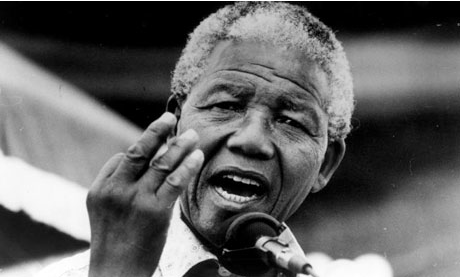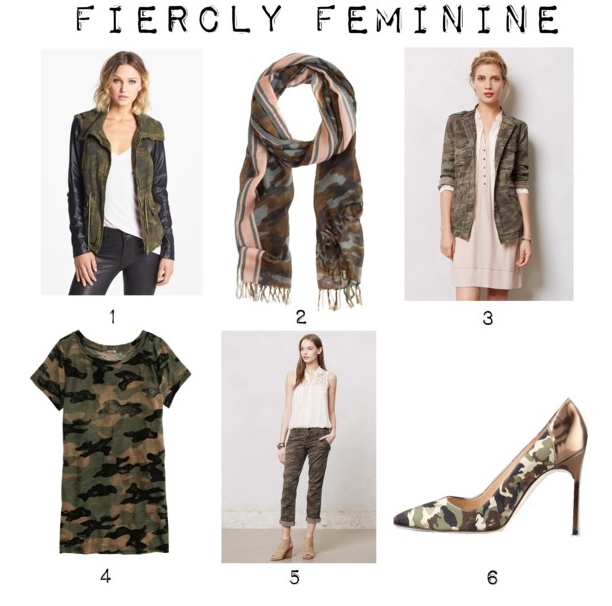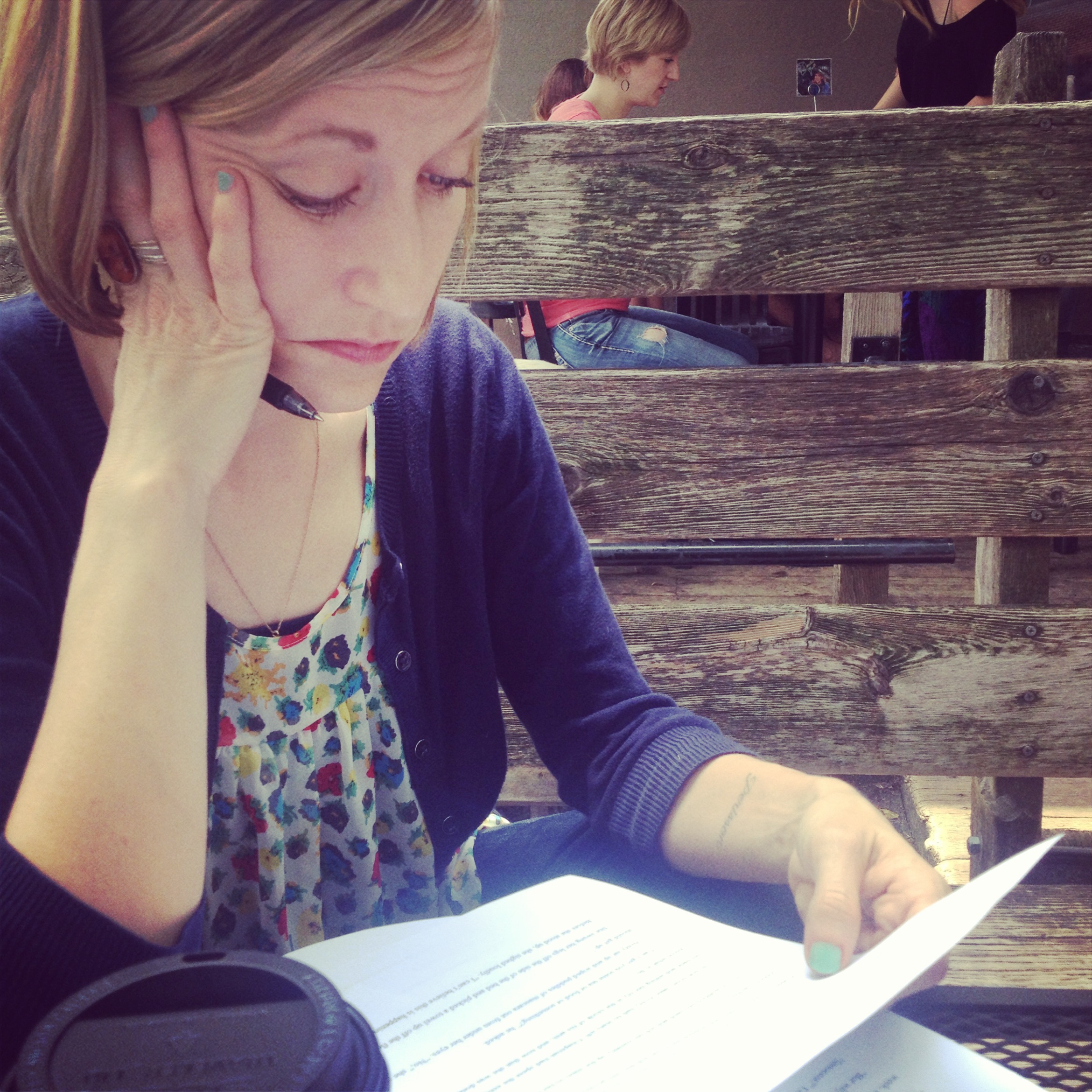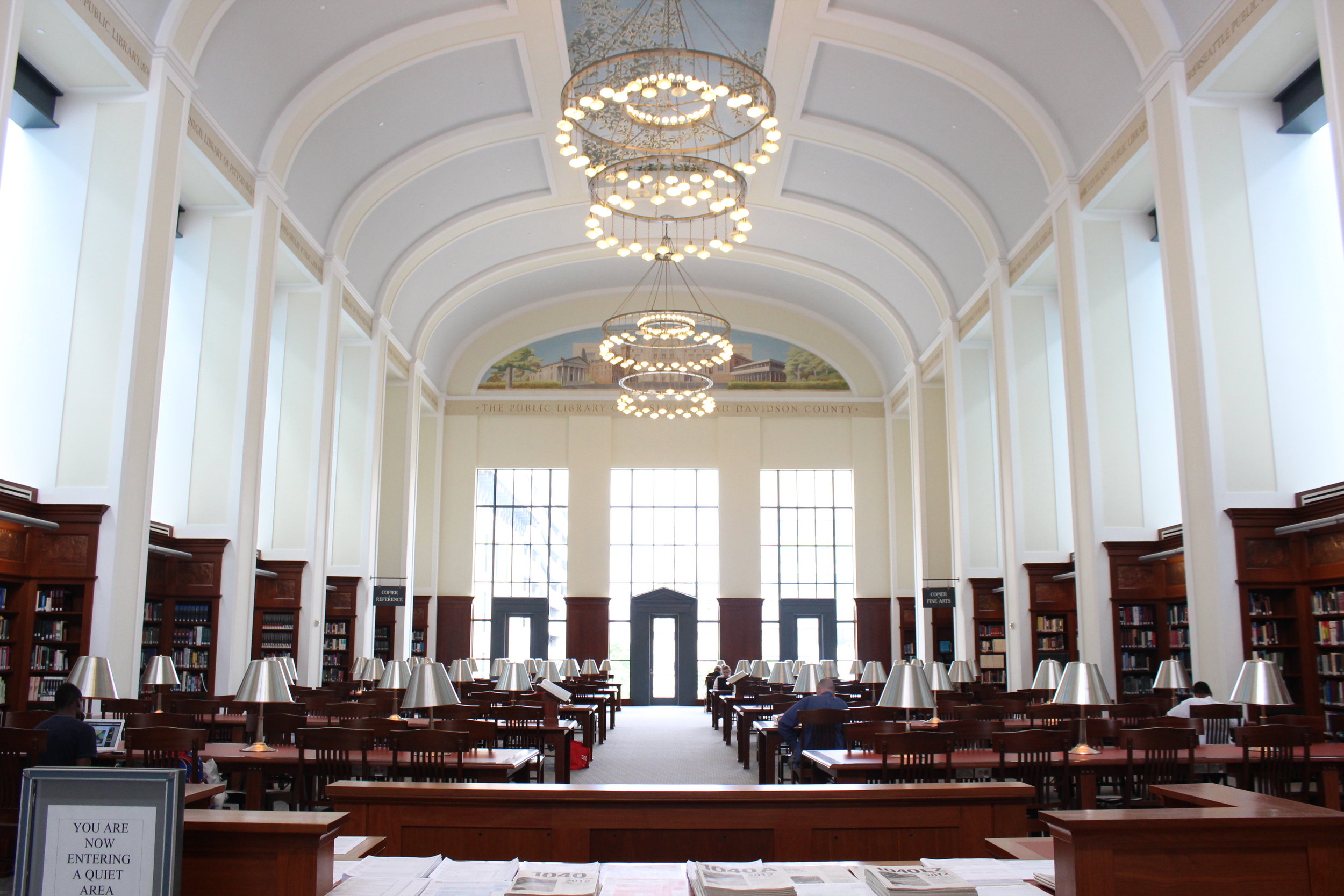When I was a young girl, I met Nelson Mandela.

**This post was written before Nelson Mandela passed away, December 5th, 2013. To keep the integrity of the story, I've left it as I wrote it in June, when he was admitted into a South African hospital. May he rest in God's peace.
You may or may not know who he is, or that he's in the hospital in critical condition, and I don't blame you.There's a lot to keep up with in the news.
History, with its vast swaths of heroes and names to know and dates to remember, can be defeating. Add to that a deluge of social media, opinions, and the latest BuzzFeed article about the "23 things we all do but none of us will ever admit to," and it's a wonder any of us ever stop reading the internet for a minute. It's impossible to keep up. Sometimes I have to just throw up my hands and say, "I have no idea what you're talking about."
When I was five years old, I had an excuse not to know the African man walking through the back door to the White House—I was five.
We were living in Virginia at the time—in Woodbridge to be exact. I don't remember what my house looked like. I don't remember my pre-school teachers or how I spent my time before I started kindergarten. But I remember meeting Nelson Mandela.
It was cold that day. Winter. I was red-faced and thirsty, but was told to hold my tongue because we were walking into the West Wing. In the days before September 11th—that was still possible—but only because we had a family friend on the inside, who was willing to give us a special private tour.
In the days before, we'd guessed and took bets on who we might run into in the halls of power. George Bush? The Chairman of the Joint Cheifs of Staff, General Colin Powell? We're going to the West Wing, I remember my father saying, chances we'll see someone.
But we never guessed who it would be.
It was 1991—just months after the South African apartheid regime released Mandela from a prison cell where he'd spent 27 years in captivity.
Nelson Mandela was born in 1918, a son of the South African Thembu tribe. He spent his life bucking the system. He was expelled from college after joining a student protest. He was a fugitive from his tribe after refusing to accept an arranged marriage. In 1952, he and a friend, Oliver Tambo, established the first black law firm in South Africa, the same year he was first arrested for civil disobedience. He was a leading voice in the African National Congress (ANC), a man who stood up against radical racial injustice of his time, and refused to accept the white supremacy that reigned in terror during his early life.
Apartheid (racial segregation in South Africa) deprived black South Africans of citizenship, forced segregated housing, and extended well into the 1970s, 80s, and until 1990—all while Mandela was imprisoned.
Though he'd been arrested and released many times in his life, Mandela faced the death penalty in 1964, a little over a year after Martin Luther King penned his now-famous letter from Birmingham jail.
In the letter, King wrote, "I have earnestly opposed violent tension, but there is a type of constructive, nonviolent tension which is necessary for growth. Just as Socrates felt that it was necessary to create a tension in the mind so that individuals could rise from the bondage of myths and half truths to the unfettered realm of creative analysis and objective appraisal, so must we see the need for nonviolent gadflies to create the kind of tension in society that will help men rise from the dark depths of prejudice and racism to the majestic heights of understanding and brotherhood."
A year later, in front of a court threatening to end his life, Mandela said, “I have fought against white domination, and I have fought against black domination. I have cherished the ideal of a democratic and free society in which all persons live together in harmony and with equal opportunities. It is an ideal which I hope to live for and to achieve. But if needs be, it is an ideal for which I am prepared to die."
He was sentenced to death-by-prison. A life sentence.
In 1990, the day after my third birthday, Mandela was released from prison. In 1991, Mandela was chosen as president of the ANC. And that year, with his second wife, Winnie on his arm, Nelson Mandela walked into the West Wing of the White House.
There, to his left, a small family sat waiting for their promised private tour. My parents sat, mouths agape, at the history that walked into their presence.
He turned to us, shook our hands, and looking right at my sister and me, Nelson Mandela spoke words to me, and to my sisters.
I remember what he said.
"You are a precious child."
Three years later, in 1994, Nelson Mandela voted for the first time in his life. He voted for himself. Through that election, He became South Africa's first democratically elected president.
Today, he is in critical condition in a South African hospital—his fourth hospital stay since December.
I get it. We are inundated with information. There is too much to read, too much to pay attention to, way too much to know and watch and see. But if you know anything. If you care about human rights. Justice. Character. The tides of history and the importance of a human soul...
You will know Nelson Mandela.
photo via.
Related:







 Nashville's Library. My favorite workspace.
Nashville's Library. My favorite workspace.